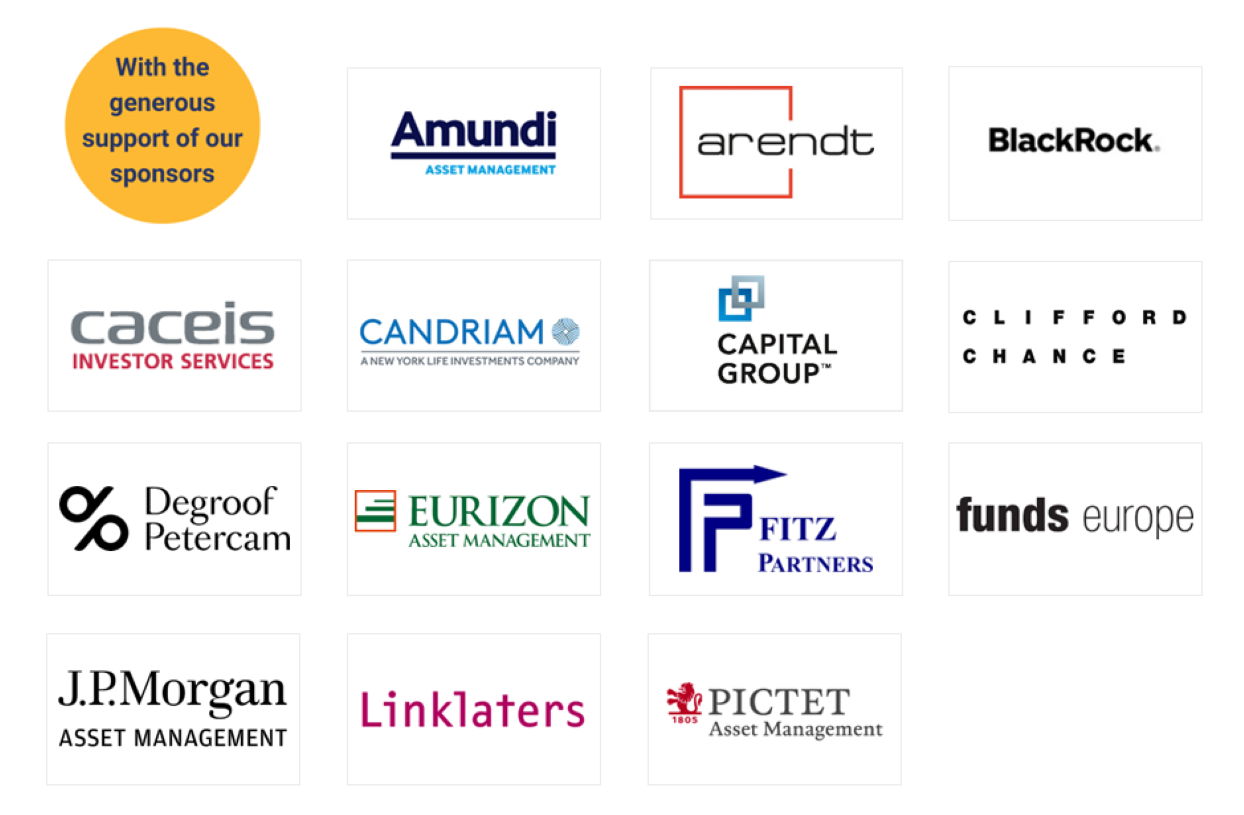EFAMA has today published its latest monthly Investment Fund Industry Fact Sheet, which provides net sales data on UCITS and AIFs for August 2023, at European level and by country of fund domiciliation.
EFAMA has today published its latest monthly Investment Fund Industry Fact Sheet, which provides net sales data on UCITS and AIFs for August 2023, at European level and by country of fund domiciliation.
The EU’s Listing Act is a key legislative initiative aimed at enhancing the appeal of EU public markets and facilitating capital access for small-medium enterprises (SMEs). That includes a new proposal by the European Commission for a Multiple Voting Shares Directive (MVSD). EFAMA believes it is of key importance to the European economy to ensure that EU capital markets remain attractive and competitive globally, therefore getting these types of initiatives right is crucial.
EFAMA appreciates the European Commission's efforts to bolster the Capital Markets Union and increase the appeal and competitiveness of public capital markets. However, the investment industry wishes to highlight some concerns concerning this Directive. Against this backdrop, it is important to note that the European Union has recently enhanced its corporate governance and shareholders’ engagement practices to fortify financial market stability, uphold capital market integrity and safeguard investors’ interests.
The European Parliament and Council are currently finalising their views on the European Commission’s anti-money laundering (AML) package proposal. In addition to the much publicized debate around the location of the new AML Authority, there are even more important elements being discussed which aim to curb money laundering and counter the financing of terrorism (CFT).
EFAMA has published its latest monthly Investment Fund Industry Fact Sheet, which provides net sales data on UCITS and AIFs for July 2023, at European level and by country of fund domiciliation.
EFAMA has today published its International Quarterly Statistical Release regarding the developments in the worldwide investment fund industry during the second quarter of 2023.
EFAMA has responded to the public consultations launched by the European Supervisory Authorities’ (ESAs) on draft regulatory technical standards (RTS) and implementing technical standards (ITS) supplementing the Digital Operational Resilience Act (DORA). Their purpose is to establish further details on the core elements of this regulation harmonising how information and communication technology (ICT) risks are to be addressed in the financial sector.
EFAMA welcomes the opportunity to provide comments to the ESMA Consultation Paper on the draft technical standards under the Benchmark Regulation. EFAMA also welcomes a number of clarifications that ESMA is providing in this Consultation since its previous Discussion Paper.
EFAMA supports every efforts made to enhance financial markets regulation which reinforces the stability and the transparency of the financial system.
In that perspective, EFAMA welcomes the opportunity to comment on the ESMA consultation paper on the Draft RTS and ITS under SFTR and amendments to related EMIR RTS.
Prior to replying to the consultation, we wish to make the following general remarks
EFAMA, welcomes the opportunity to comment on the ESMA Discussion Paper (“DP”) on the trading obligation for derivatives under MiFIR.
As a principle, EFAMA supports every effort made to enhance financial market regulation which reinforces the stability of the financial system, of which MiFIR is an important part.
Prior to replying to the consultation, we wish to make the following general remarks.
EFAMA welcomes the opportunity to respond to the European Commission’s consultation envisaging the review of the EU macro-prudential policy framework. The consultation paper emphasises the review of the existing prudential framework built around the systemic nature of credit institutions and at the cornerstone of which lies the CRD/CRR, accompanied by the ESRB Regulation and the foundation of a Single Supervisory Mechanism (SSM) for a Banking Union, in turn revolving around the ECB.
EFAMA welcomes the opportunity to provide its comments on the Good Practices to be adopted by IOSCO for the Termination of Investment Funds. We agree that the decision to terminate a fund can have significant impact on investors in terms of the costs associated with such an action, or the ability for investors to redeem their holdings during the termination process. In this regard, even in the context of a fund’s voluntary termination, asset managers must abide by their fiduciary obligation to act in the best interest of their investors.
Better Finance and EFAMA have always been strong supporters of the “PRIIPs1 ” Key Information Document (“KID”), seeing it as a powerful instrument for retail investors to enable sound investment choices by allowing easier comparisons within a wide range of investment products. In order for this to happen, the rules defining the detailed contents of the PRIIPs KID must be correctly calibrated so that investors are given meaningful, comprehensible and comparable information.

Discover the 6 reasons why your organisation should become a member of EFAMA.
Our members enjoy significant benefits including the opportunity to shape the industry positions, get first-hand access to regulatory and political intelligence, engage with industry peers and policymakers, and take part in EFAMA events.
Our three membership categories cater to the wide range of organisations that make up and support the investment management industry in Europe.
